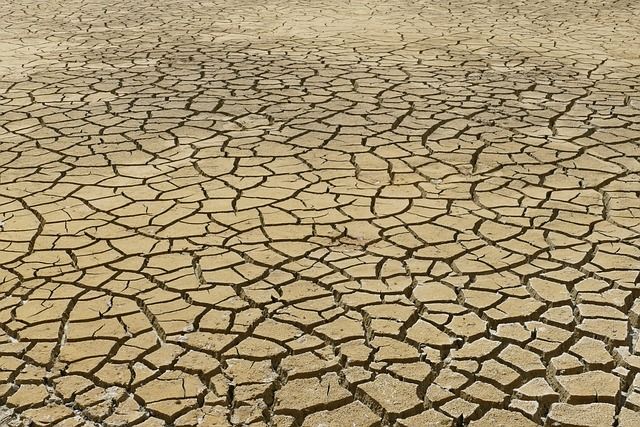What causes dehydration?

Dehydration is a condition that occurs when the body does not have enough water or fluids to function properly. It can be caused by a variety of factors, including illness, hot weather, and physical activity.
One common cause of dehydration is illness. Diarrhea, vomiting, and fever can all cause the body to lose fluids at a faster rate than they can be replaced. This can lead to dehydration, especially if the person is not able to drink enough fluids to compensate for the loss.

Hot weather can also cause dehydration. When the body is exposed to high temperatures, it sweats in an effort to cool down. This sweating can cause the body to lose fluids, which can lead to dehydration if not replaced.
Physical activity is another common cause of dehydration. When we exercise, we sweat, which can lead to fluid loss. This is especially true for high-intensity workouts or activities that take place in hot, humid conditions.
In addition to these causes, certain medications and medical conditions can also increase the risk of dehydration. Some medications, such as diuretics, can cause the body to lose more fluids than normal. Medical conditions such as diabetes and kidney disease can also affect the body's ability to retain fluids, increasing the risk of dehydration.
It's important to drink enough fluids to prevent dehydration, especially during times of illness, hot weather, or physical activity. Water is the best choice, but other fluids such as sports drinks and broth can also help to replace lost electrolytes and minerals. It's also a good idea to pay attention to your body's thirst signals and drink fluids when you feel thirsty. If you are unable to drink enough fluids due to illness or are at risk of dehydration for other reasons, it may be necessary to seek medical treatment